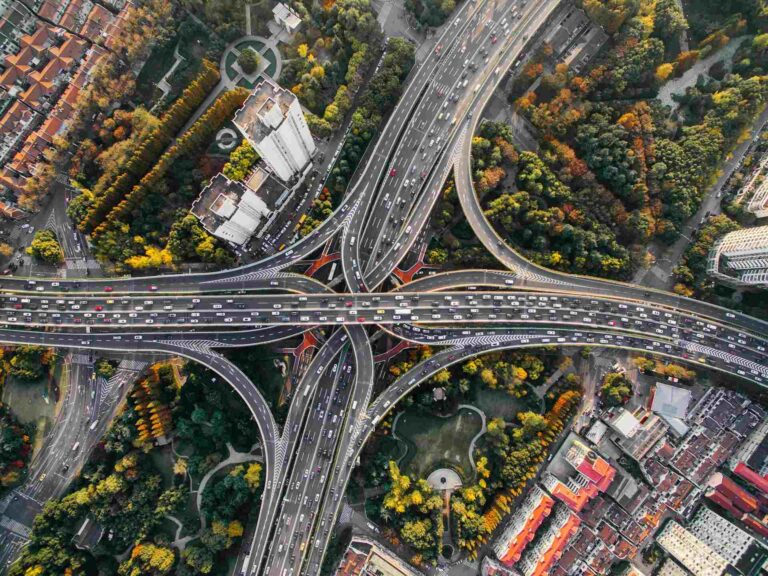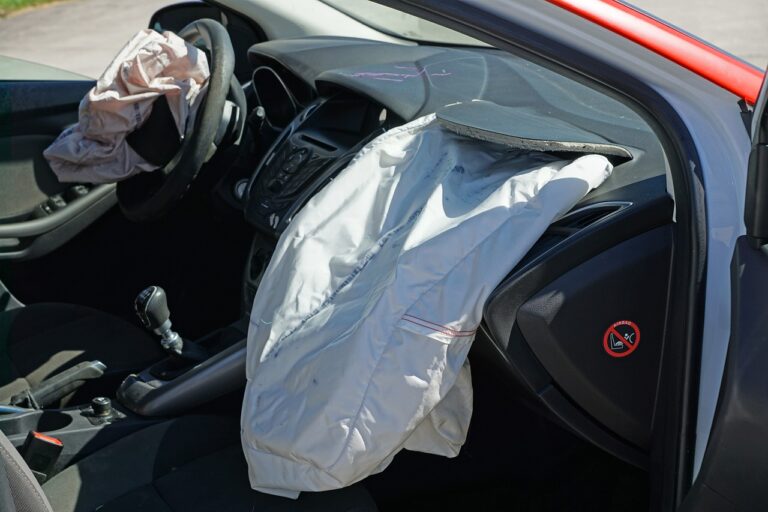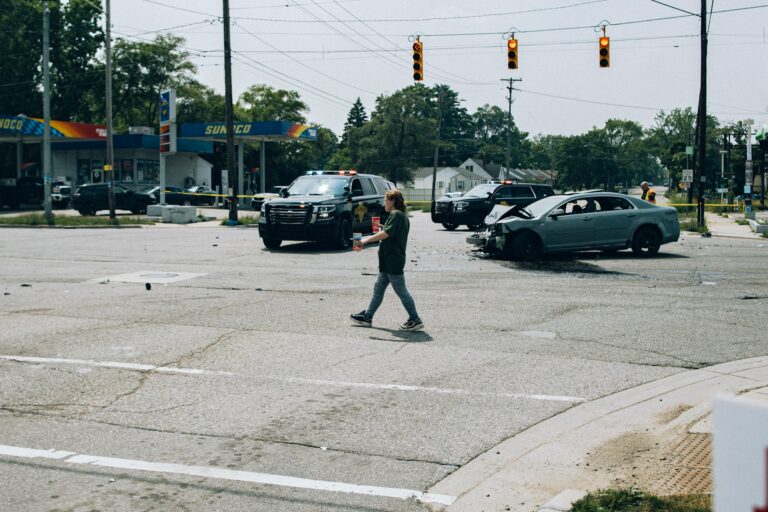When most people think of Labor Day, their mind immediately goes to grilling out, hanging by the pool, and enjoying the last few moments of summer before school starts once again. While it’s, of course, wonderful to have those memories and shared time with friends and family, rarely do we stop and think of the reasons why we have Labor Day off and what it took for the legislative branch to recognize it as a national holiday.
Let’s go over a brief history of Labor Day—and why it matters so much even today.
WHY DO WE HAVE LABOR DAY?
Everyone has bad days at work now and then or maybe stuck with a job that’s less than desirable, but in the late 1800s during the height of the Industrial Revolution, working conditions were less than ideal. In those days, the average American worked 12-hour days and often worked seven days per week to make a decent wage. And despite state laws, children as young as five could be seen working in factories, mines, and mills throughout the country (and typically working at a fraction of the cost of an adult wage).
Not only were wages poor and hours long, but working conditions were unsafe—particularly for poor and those who recently immigrated to the United States. They weren’t granted access to clean restrooms, didn’t have scheduled time for breaks, and sometimes didn’t have clean air to breathe within the factories or mills.
When labor unions were introduced in the late 18th century, their presence became more vocal and prominent, airing out the frustrations of the American worker. They began rallying and organizing to protest the poor working conditions and encouraged employees to renegotiate pay. Part of these labor protests included the first Labor Day parade where 10,000 workers took unpaid time to march from City Hall to Union Square in New York City.
But the way in which Labor Day officially started was part of a compromise. On May 11, 1894, Pullman Palace Car Company employees in Chicago went on strike to protest their wages and the firing of their union reps. The American Railroad Union escalated things further by calling for a boycott of all Pullman railway cars, which put railroad traffic to a halt. The strike in Chicago got to be dangerous and resulted in a wave of riots that caused the deaths of more than a dozen workers.
To stop the strike and call a truce, Congress passed an act that made Labor Day a holiday in D.C. as well as throughout the country. Because of the Pullman protests as well as many others in the labor movement, employees can work in more comfortable, safe, and profitable positions.




